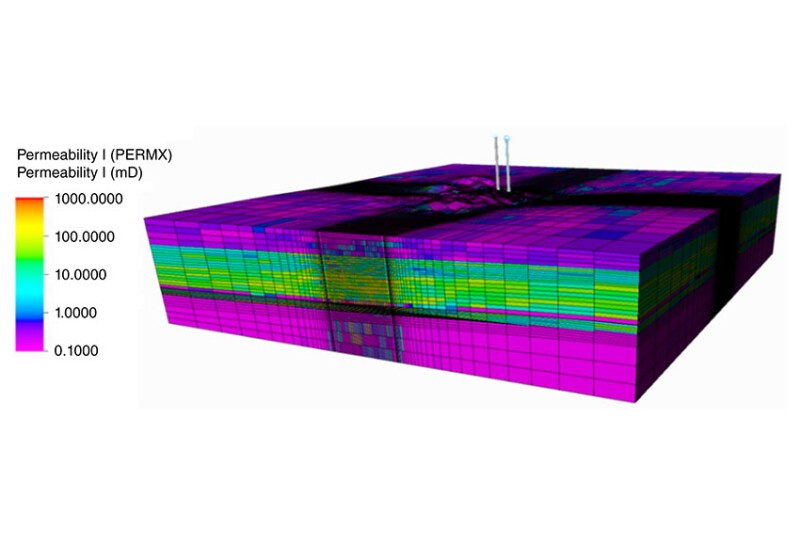Addressing climate change through carbon capture and storage (CCS) technologies requires advanced computational methodologies for subsurface carbon-dioxide (CO2) storage monitoring. This study focuses on the Illinois Basin Decatur Project (IBDP), a CCS demonstration pilot aimed at CO2 injection into a deep saline reservoir. A novel framework combining dynamic mode decomposition (DMD), a data-driven model-reduction technique, with direct data assimilation is introduced to streamline the calibration of CO2 plume evolution models. This approach enhances rapid tracking and overcomes the computational challenges of traditional high-fidelity numerical reservoir simulations known as the full-order model (FOM).
Introduction
DMD represents a superior approach for flow in porous media compared with most reduced-order models because of its ability to capture complex flow dynamics effectively.


